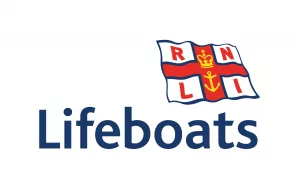
Chair of Trustees – Steve Denny
Blue Light Card Foundation, Charnwood Edge, Syston Road, Cossington, Leicester LE7 4UZ



The Blue Light Card Foundation is a registered charity within England and Wales. Charity No. 1 1 9 8 4 9 2

